The key difference between seminar and workshop is that workshops might run for days or even weeks. Seminars are usually shorter, lasting ranging from a few hours to a few days.
Table of Contents
The key difference between seminar and workshop is that seminars are typically structured around a particular subject, while workshops might be more general or audience-specific. Seminars are more scholarly in character, whereas workshops are more hands-on learning.
The main distinction is that workshops are often led by facilitators who guide participants through the topic, whereas seminars are usually led by one or two subject matter specialists. Workshops tend to be more engaging and seminars are on the passive side. Keep reading the article to know the difference between seminar and workshop.
What is a Seminar?
A formal meeting when a subject matter expert presents to an audience on a particular topic is called a seminar. A seminar's main goal is to impart information, and it frequently follows a lecture-style structure.
In a seminar, attendees are often passive participants who mainly listen and take notes, with occasional chances for questions or quick exchanges. Check out the details below to know the difference between seminar and workshop.
Also Read: Top 5 Educational Podcasts That Are Perfect for Students in 2024
What is a Workshop?
A hands-on learning session is called a workshop. A workshop is conducted by an expert who performs a task, giving participants the chance to try out the newly learned skills or methods on their own.
There is a strong focus on group activities and participant interaction, and the participants actively practice the skills that are being taught. Students can refer to the below information to know the difference between seminar and workshop.
Also Read: Faculty Development Programme and Workshops
What is the Difference Between Seminar and Workshop?
Workshops might be more general or audience-specific, while seminars are typically structured around a particular subject. Workshops might run for days or even weeks, seminars are usually shorter, lasting ranging from a few hours to a few days.
Tabulated below is the difference between seminar and workshop.
| Basis For Comparison | Seminar | Workshop |
| Definition | Smaller event, focused subject, expert panel, and theme that can be adjusted to meet the needs of the audience | Interactive, presenters teach, developing new abilities, experiential learning, and instructive |
| Topic | Topic specific and audience-oriented | Introduction of a new good or service, practical instruction |
| Formality | Semi-formal; attendees hear from experts before a Q&A period | Informal, enabling participants to engage and communicate with workshop hosts and other participants |
| Duration | Conducted in a day or a few hours; more than one day is not necessary. | Completed in a single day; however, if you have several trainings or items, schedule several days. |
| Format | Presentations and panel discussions | Testing new goods and services, unofficial undertakings |
| Length/Size | 10 to 50 people, in a seminar room furnished with desks and chairs | Accommodate a large number of guests; just ensure that everyone gets an opportunity to ask questions, if any |
Also Read: Education System in India
Types of Seminar
After knowing the difference between seminar and workshop, students can check out the different types of seminars that are usually held across the globe.
- Academic Seminar: Academic seminars encourage students to continue learning. The goal of these seminars is to provide students with additional knowledge as things in their field of work change or they pick up new skills.
- Professional Seminar: The elite members of an industry attend professional seminars. These seminars' primary objectives are to disseminate fresh research or studies and gather insights from knowledgeable individuals in the field.
- Public Seminar: Everyone is welcome to attend public seminars. Typically, the topics covered in these lectures are environmental problems in and around local communities.
- Professional Development Seminars: The purpose of professional development seminars is to improve attendees' abilities and expertise in a particular topic or sector. They provide a forum for ongoing education and professional development, encouraging a greater comprehension of market trends, technological innovations, and essential competencies.
- Motivational Seminar: Motivational seminars are impactful gatherings with the goal of motivating, empowering, and inspiring people to make vital life and career changes.
Also Read: Indian Education System vs Foreign Education System
Types of Workshop
Once students are aware of the difference between seminar and workshop, they must check out the below-mentioned different types of workshops.
- Corporate Workshop: Corporate workshops are an ideal means of organizing large-scale business-to-business (B2B) events among clients, companies, or industries. Workshops for corporations can also serve as networking opportunities, providing a chance to meet potential customers.
- Brainstorming Workshop: The goal of the brainstorming workshop is to use creativity and group debate to produce fresh concepts and answers to issues. Creating fresh, original ideas that can be used to address a particular issue or challenge is the aim of a brainstorming session.
- Critique Workshop: Critique workshops aid in ensuring that designs meet the demands of users today. There should be a whiteboard to jot down fresh ideas and screenshots or prototypes that need to be examined right away for the conversation.
- Ideation Workshop: The goal of ideation workshops is to produce fresh concepts and answers for certain issues or difficulties. Ideation seminars are frequently employed in corporate or organizational contexts to foster unconventional thinking and spark innovation.
- Problem-Solving Workshops: Workshops on problem-solving are geared toward recognizing and resolving certain issues or difficulties. The objective of a problem-solving workshop is to generate workable and efficient solutions for the current issue.
Also Read: 10 Applications of AI in Education in 2024

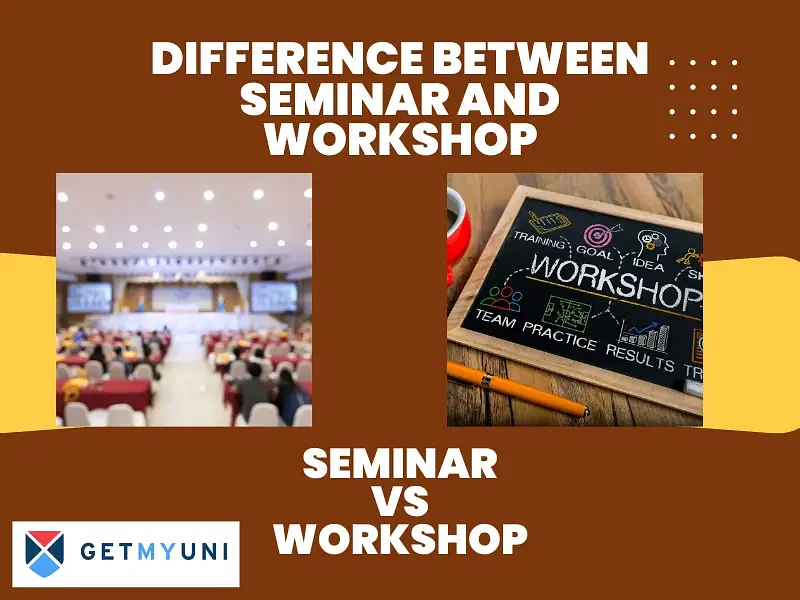
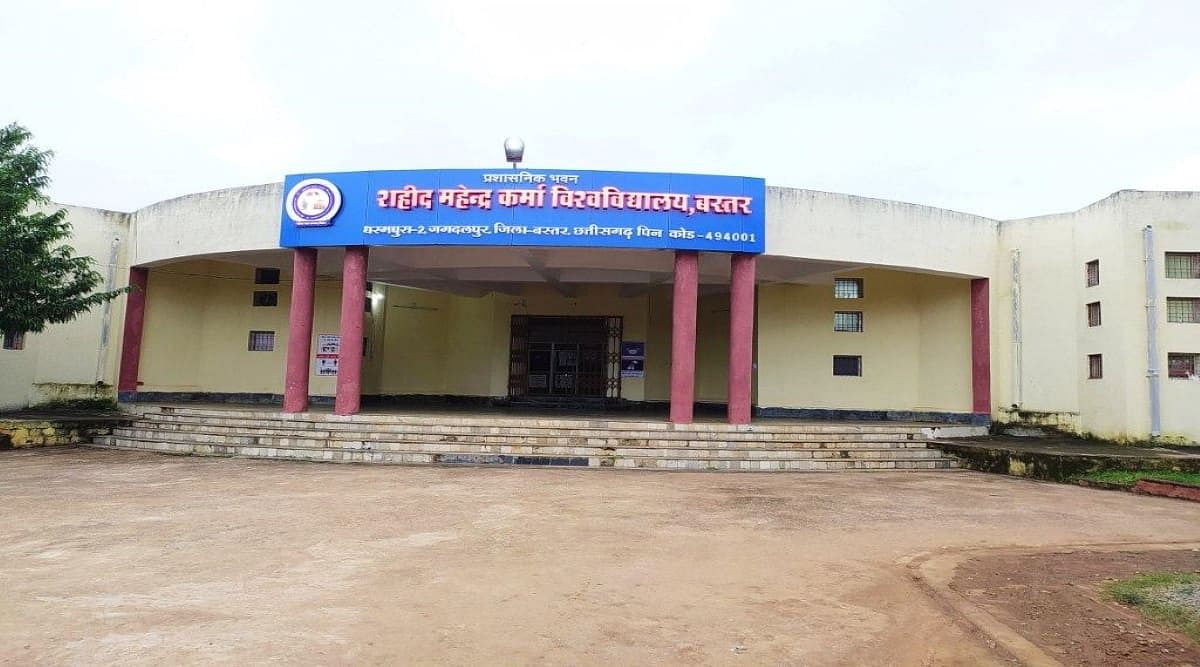











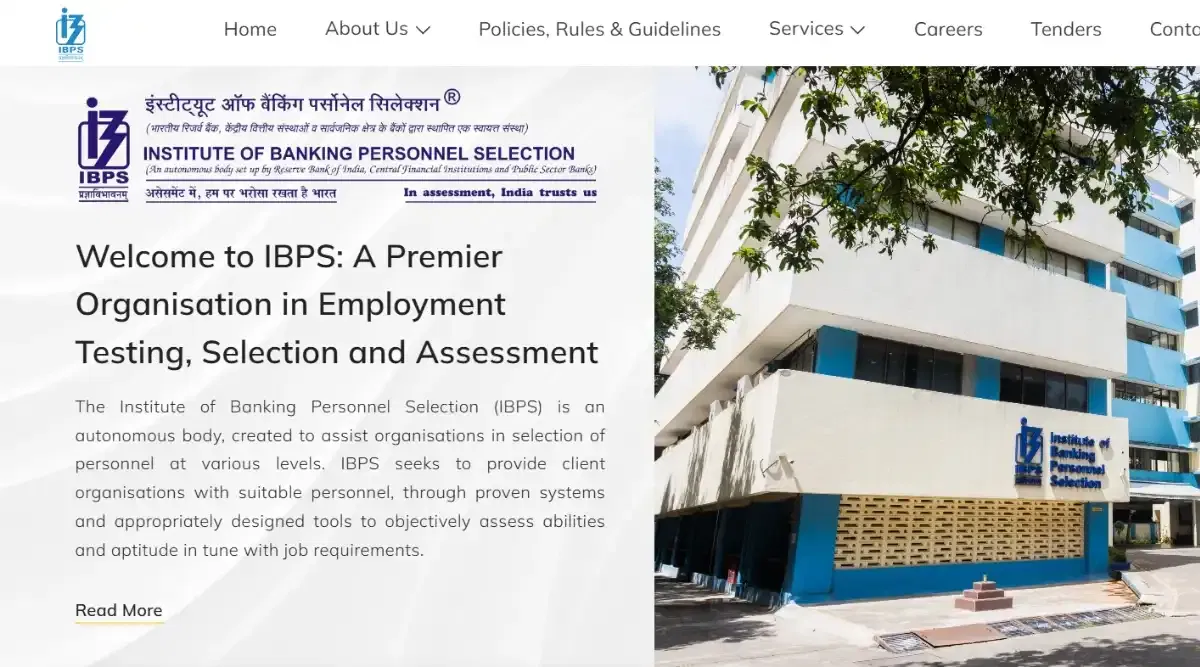


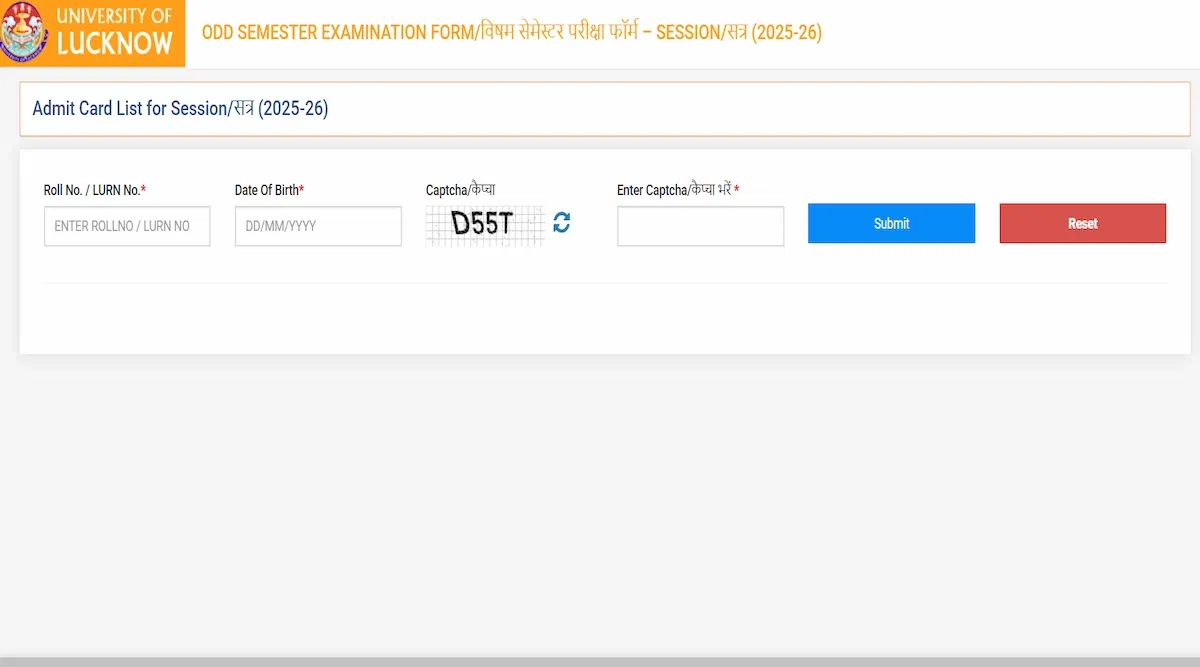

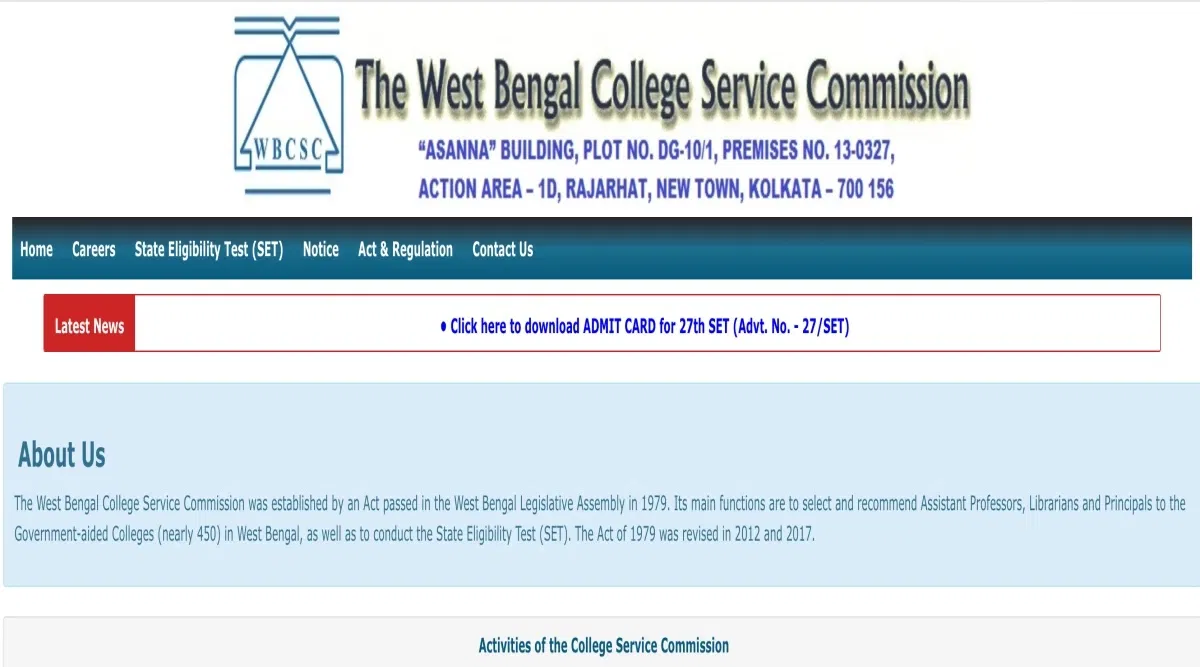
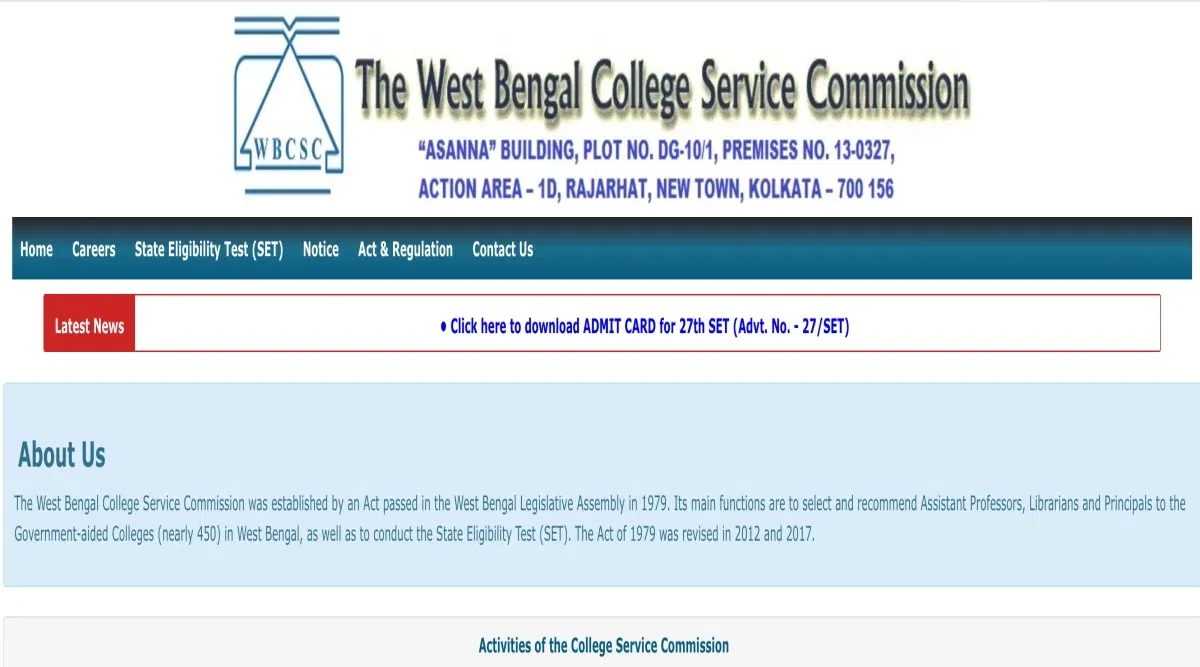


POST YOUR COMMENT